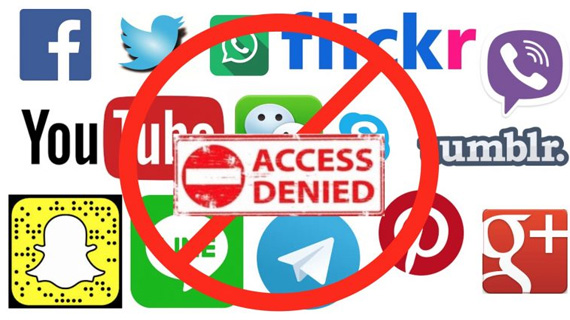CMA’s President, Prof. of Law, Elizabeth Handsley, discusses When is a blanket not a blanket? – and other frustrations of the social media debate
Maybe I’m biased, but from where I stand, the relationship between children and social media is one of the major global challenges of our time. The highly-paid designers who work for tech companies are getting better every day at grabbing and keeping the attention of children and young people, which is a problem for a number of reasons: first, a lot of the time being spent on social media needs to be spent on other things that are required for children’s healthy development. Second, the content and the experiences to which children are exposed on social media are often actively harmful to their development. You don’t need me to list them. Third, maybe not everybody would agree with this, but I believe there is a profound ethical issue associated with corporate incursions into the minds of vulnerable, impressionable youngsters.
I doubt anybody disagrees that this is a collective action problem – individual parents and families can’t manage this on their own. We need a society-wide solution, and that’s what some governments are proposing. It’s only natural for debate to follow on such proposals, but the standard of some of the contributions has been disappointing.
When it comes to debate on public policy and regulation, language matters. Choice of words matters. So for example when you hear a pundit criticising the ‘blanket ban’ that’s being proposed, you’re likely to agree. ‘Blanket’ anything is bad – we need nuance and subtlety. ‘Blanket’ is code for government overreach.
But let’s think about this for a minute. Every ban is a blanket ban of whatever it covers, but we shouldn’t let the word distract our attention from whatever that is. In the case of the SA government’s proposal, it’s children under 14 – nearly all of whom are already, theoretically, excluded from social media anyway. The blanket is starting to look more like a lap rug at this point.
Then from ages 14 to 16, young people will be able to set up an account, they’ll just need parental permission. More of an open-weave lap rug, then.
The use of ‘ban’ can be challenged too, because it implies that the proposed law would criminalise the actions of would-be users. But it’s actually binding on the companies. Not only that, it’s not even really a ‘ban’ on anything they might want to do, rather it’s a duty of care. To extend the metaphor, it’s more like instructions on how the lap rug is to be made.
And then don’t get me started on ‘parental responsibility’ (who would argue against this? – oh, except people who recognise it’s a collective action problem, ie everybody) and ‘it’s all about education’ (good luck teaching 10 year olds to withstand the wiles of said highly-paid designers …)
If opponents have a better way of designing and making an appropriate textile to protect children’s rights and interests in relation to social media, I’m sure we’ll all be pleased to hear. But they’ll have to improve on what’s been offered to date.





0 Comments